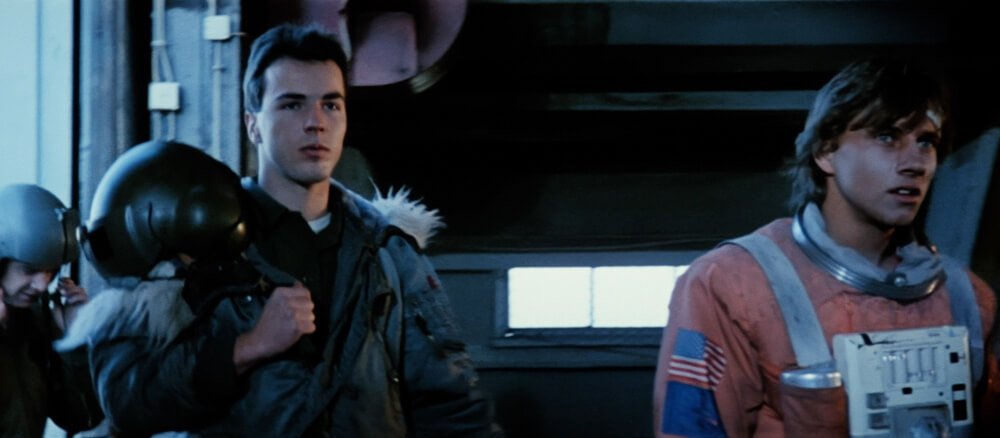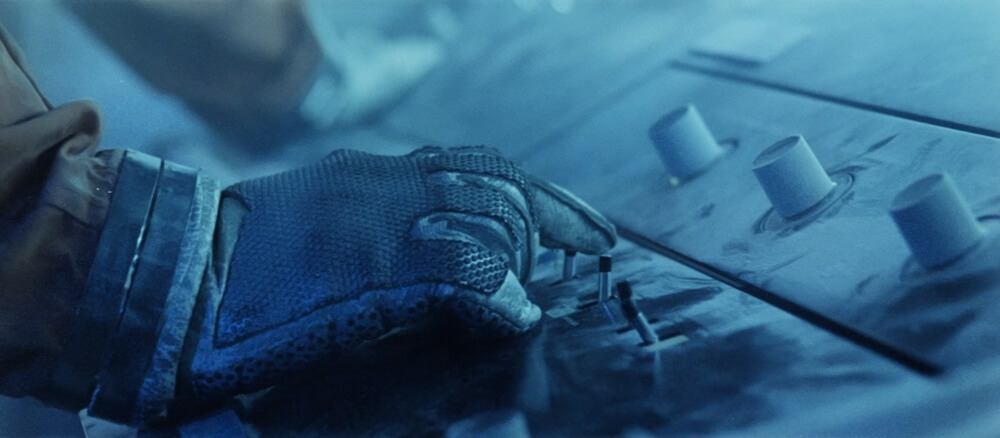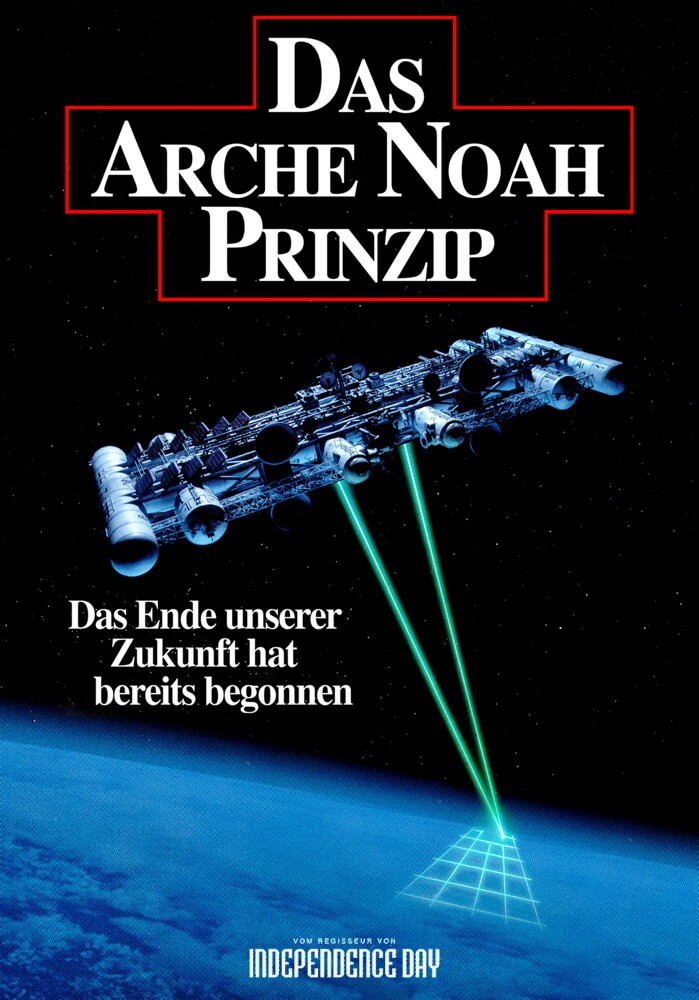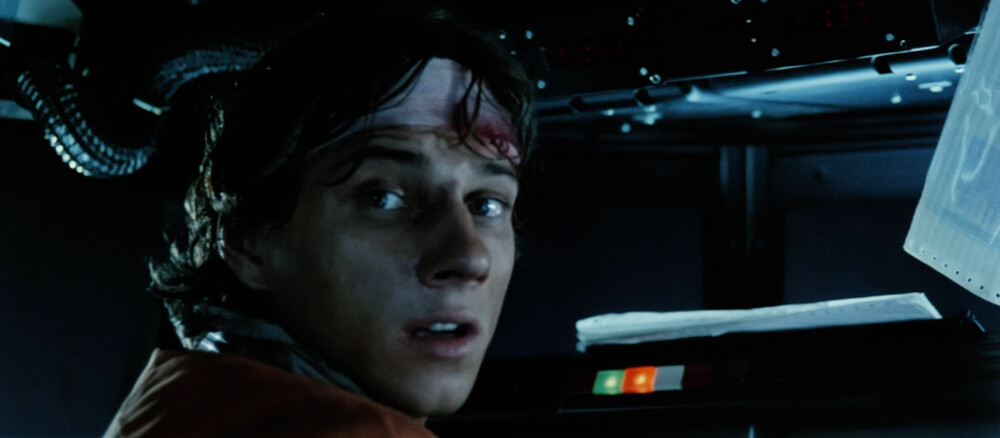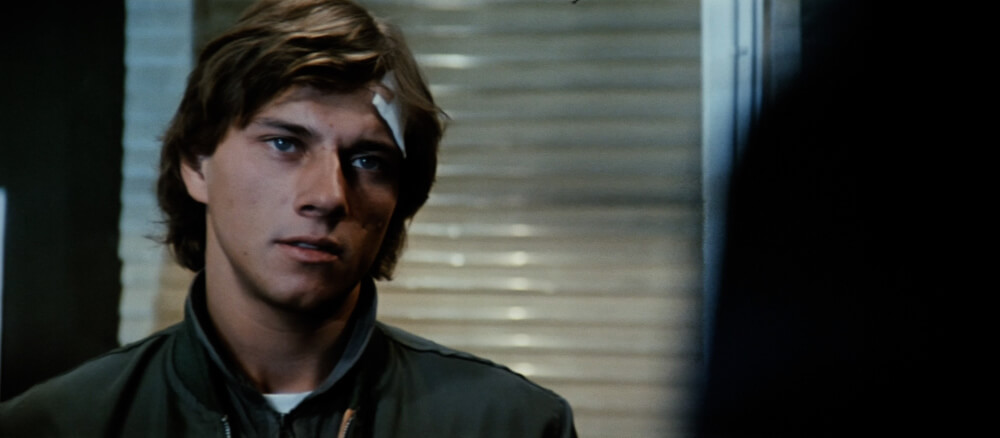Original title: Das Arche Noah Prinzip
Director: Roland Emmerich
Book: Roland Emmerich
Actors: Richy Müller, Franz Buchrieser, Aviva Joel, Matthias Fuchs, Nikolas Lansky, Matthias Heller
Producers: Wolfgang Längsfeld, Hans Weth, Peter Zenk
Co-producers: Bernd Eichinger, Roland Emmerich
Cinematography: Egon Werdin
Editing: Tomy Wigand
Production design: Oleg Mustafin
Art departement: Ina Becker, Cornelia Hopfmann
Special effects: Jacques Engels, Guido Görisch, Thomas Herbrich, Egon Werdin
Visual effects: Thomas Merker
Camera & technical departement: Annette Deiters, Ernst Gschwind, Sepp Kopp, Arnold Reidelhuber, Herbert Umbrecht, Klaus Witting
Costunes: Matthias Heller, Dorota Mazurkiewics
Makeup: Monika Schoel
Music: Hubert Bartholomae
Production companies: Centropolis Film Productions, Hochschule für Fernsehen und Film München (HFF), Maran Film, Solaris Film, Süddeutscher Rundfunk (SDR)
Year of production: 1984
Genres: Science-Fiction, Drama
Country: Germany
Language: German
Lenght: 100 Min
Rating: FSK 12
Aspect Ratio: 2.35 : 1
Sound: Stereo
Resolution: Full HD


